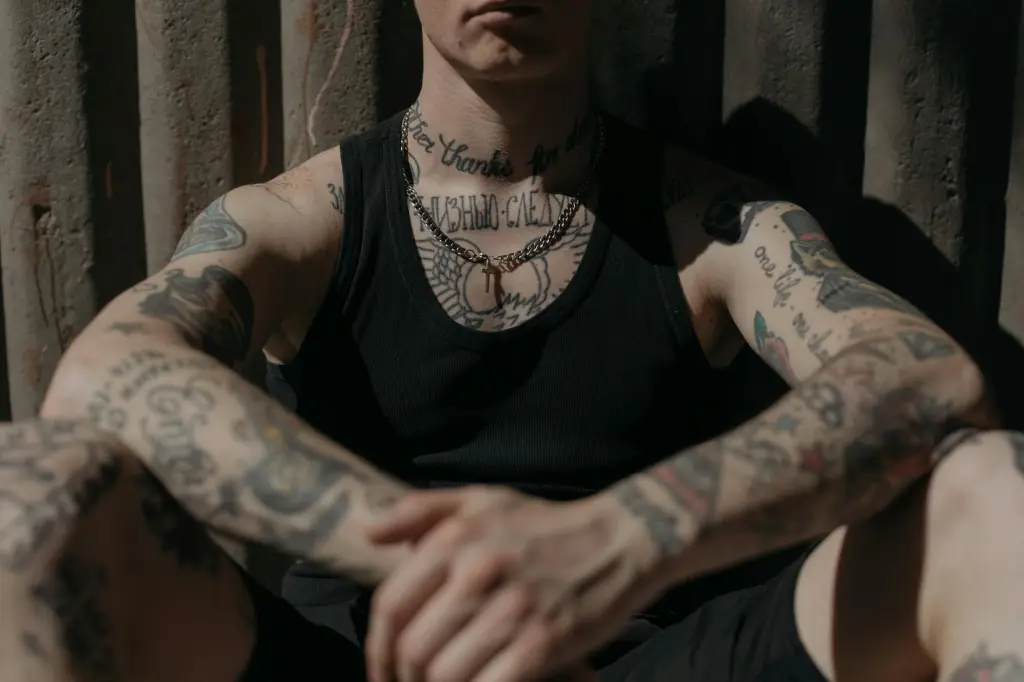Since we brought you the news that Rihanna won her legal battle with Topshop over a t-shirt bearing her image, we’ve had quite a few queries as to how she won. As our readers know, image rights, known as the right of publicity in the USA, gives the right to control the commercial use of one’s image. The right has been recognized in a number of US states since the 1950′s and is mostly invoked by celebrities who find their likeness used to promote goods and services without their permission. But we don’t have image rights here in England and celebrities must instead make use of alternative legal doctrines when seeking to protect their image. In theory, Topshop, having bought a licence to use the image from the photographer who took it, are fully entitled to sell the T-shirt. In this case Rihanna relied on the law of passing off to prove otherwise.
What is ‘Passing Off’?
The law of passing off prevents one person from misrepresenting his/her goods or services as being the goods and services of the claimant, and also prevents one person from holding out his or her goods or services as having some association or connection with the plaintiff when this is not true. It is not necessary to have registered a trademark to enforce it. However, in order to prove a case of passing off, three elements must be satisfied. These are known as the “classic trinity” and are: (i) goodwill, (ii) misrepresentation leading to confusion as to origin/authorisation and (iii) damage.
Rihanna claimed sales of the t-shirt bearing her image in Topshop amounted to “passing off” and may have led to her reputation being tarnished with her fans, if they believed that she had endorsed the t-shirt.
Goodwill
This is the value attributed to Rihanna because of the reputation she enjoys with her customers. This was easy for her to establish given her huge merchandising and endorsement operations particularly in the area of fashion. She has designed two collections for River Island and has done endorsements for both H&M and Armani. Her identity and endorsement in the world of fashion was therefore easy to prove to have a high tangible value.
Misrepresentation
Rihanna had to prove that a substantial proportion of the public would be misled into believing that the t-shirts were authorised by her. This was a harder one to prove. Rihanna had no evidence that customers were actually confused and Topshop had not used her name on the t-shirt. Did customers genuinely believe or even consider whether Rihanna had authorised the t-shirt? Well, according to the court the photograph in question was from the singer’s “We Found Love” video and could be mistaken for a publicity shot for the “Talk That Talk” album. Justice Birss thought Rihanna fans would associate the image with the album which may induce them to think the t-shirt is authorised and buy it on this basis. The court also referred to the efforts that Topshop had gone to considerable lengths to emphasise links in the mind of the public between the store and Rihanna. This included an organised shopping competition with Rihanna and tweeted about Rihanna being in store. The Court felt that such campaigns would enhance the likelihood that consumers would think the t-shirt had been authorised.
Speaking after the judgement, Topshop said it was “surprised, disappointed and perplexed” by the High Court decision. ”There was no intention to create an appearance of an endorsement or promotion,” it said. ”We feel that the fact that Rihanna has shopped, worn and had a relationship with Topshop for several years appears to have been detrimental to our case.”
We were also surprised at this one.We find it difficult to believe that the teenagers that purchased these t-shirts believed or indeed cared if Rihanna had endorsed them. For the most part they just wanted a t-shirt bearing the popstar’s image. Rihanna’s legal team didn’t prove to us that there was any confusion and we expect any appeal to focus on this point!
Damage
This is the last test to satisfy and a claimant must show that damage has been caused to their goodwill. Here the Court accepted Rihanna’s arguments that damage was caused to her goodwill by way of sales lost to her merchandising business and loss of control over her reputation in the fashion sphere. Again, this one was easy to prove. Once misrepresentation had been established, it was easy for Rihanna to claim that sales of those t-shirt sales to fans who genuinely believed that she had authorised them would have otherwise gone to her.
Implications Of The Judgment
Mr Justice Birss emphasised that the case did not concern “image rights” and confirmed that no such general rights exist under English law. He stated “The mere sale by a trader of a t-shirt bearing an image of a famous person is not an act of passing off. However, I find that Topshop’s sale of this t-shirt was an act of passing off”.
We’re still a bit dubious about the decision and reckon Rihanna was essentially shoehorning what would have been an image rights action in the USA into a passing off action here in England. We’re just not convinced they adequately proved misrepresentation.
However, the ruling certainly makes it clear that when retailers are using an image or photograph of a celebrity without their permission (even where the image/photograph itself is licensed from the photographer), it would be prudent to avoid creating any kind of perception among the public that the celebrity has endorsed the product!





Leave a comment